Episode 2 – Great Works in Western Literature with Joseph Pearce – Emily Bronte
Podcast: Play in new window | Download (Duration: 28:28 — 26.1MB) | Embed
Subscribe: Apple Podcasts | Spotify | Amazon Music | Android | Pandora | iHeartRadio | JioSaavn | Podchaser | Gaana | Podcast Index | Email | TuneIn | Deezer | Anghami | RSS | More
Wuthering Heights is one of the classic novels of nineteenth century romanticism. As a major work of modern literature it retains its controversial status. What was Emily Brontë’s intention? Were her  intentions iconoclastic? Were they feminist? Were they Christian or post-Christian? Who are the heroes and the villains in this dark masterpiece? Are there any heroes? Are there any villains?
intentions iconoclastic? Were they feminist? Were they Christian or post-Christian? Who are the heroes and the villains in this dark masterpiece? Are there any heroes? Are there any villains?
 Based on the Ignatius Critical Edition, this series examines, from the Judeo-Christian perspective, the life,the times, and influence of authors of great works in literature .
Based on the Ignatius Critical Edition, this series examines, from the Judeo-Christian perspective, the life,the times, and influence of authors of great works in literature .
Joseph Pearce is currently the Writer-in-Residence and Visiting Fellow at Thomas More College of Liberal Arts in Merrimack, New Hampshire. He is also Visiting Scholar at Mount Royal Academy in Sunapee, New Hampshire. He is also Visiting Scholar at Mount Royal Academy in Sunapee, New Hampshire. He is co-editor of the Saint Austin Review (or StAR), an international review of Christian culture, literature, and ideas published in England (Family Publications) and the United States (Sapientia Press). He is also the author of many books, including literary biographies of Solzhenitsyn, J. R. R. Tolkien, C. S. Lewis, G. K. Chesterton, and Oscar Wilde.
To learn more about the authors and titles available in the Ignatius Critical Editions

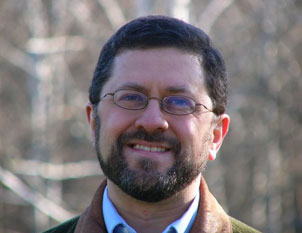
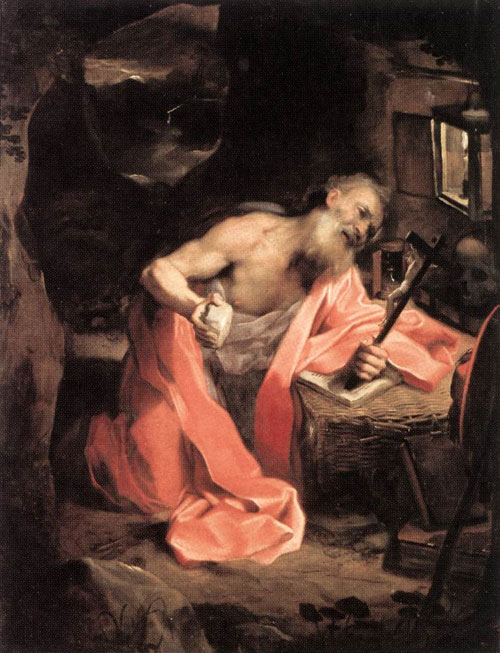
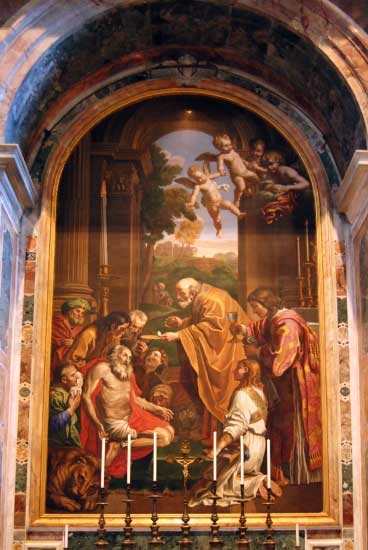

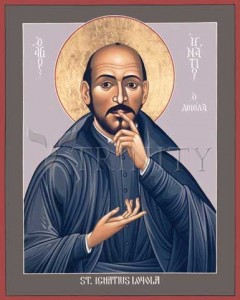
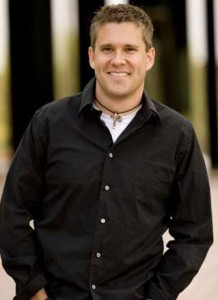
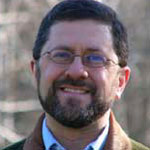
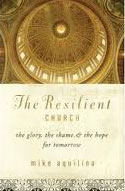
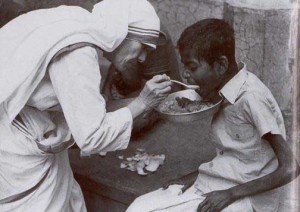
 St. Hildegard and “The Creation and The Fall” and the Battle of Prayer – The Mystery of Faith in the Wisdom of the Saints
St. Hildegard and “The Creation and The Fall” and the Battle of Prayer – The Mystery of Faith in the Wisdom of the Saints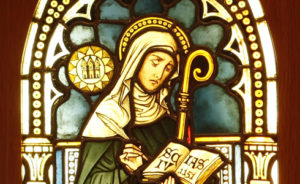
 Dr.Anthony Lilles is a Catholic husband and father of three teaching Spiritual Theology at St. John Vianney Theological Seminary. He teaches spiritual theology and spiritual direction to transitional deacons, and the spiritual classics to the men who enter the Spirituality Year, a year of prayer in preparation for seminary formation. He is the author of the “
Dr.Anthony Lilles is a Catholic husband and father of three teaching Spiritual Theology at St. John Vianney Theological Seminary. He teaches spiritual theology and spiritual direction to transitional deacons, and the spiritual classics to the men who enter the Spirituality Year, a year of prayer in preparation for seminary formation. He is the author of the “